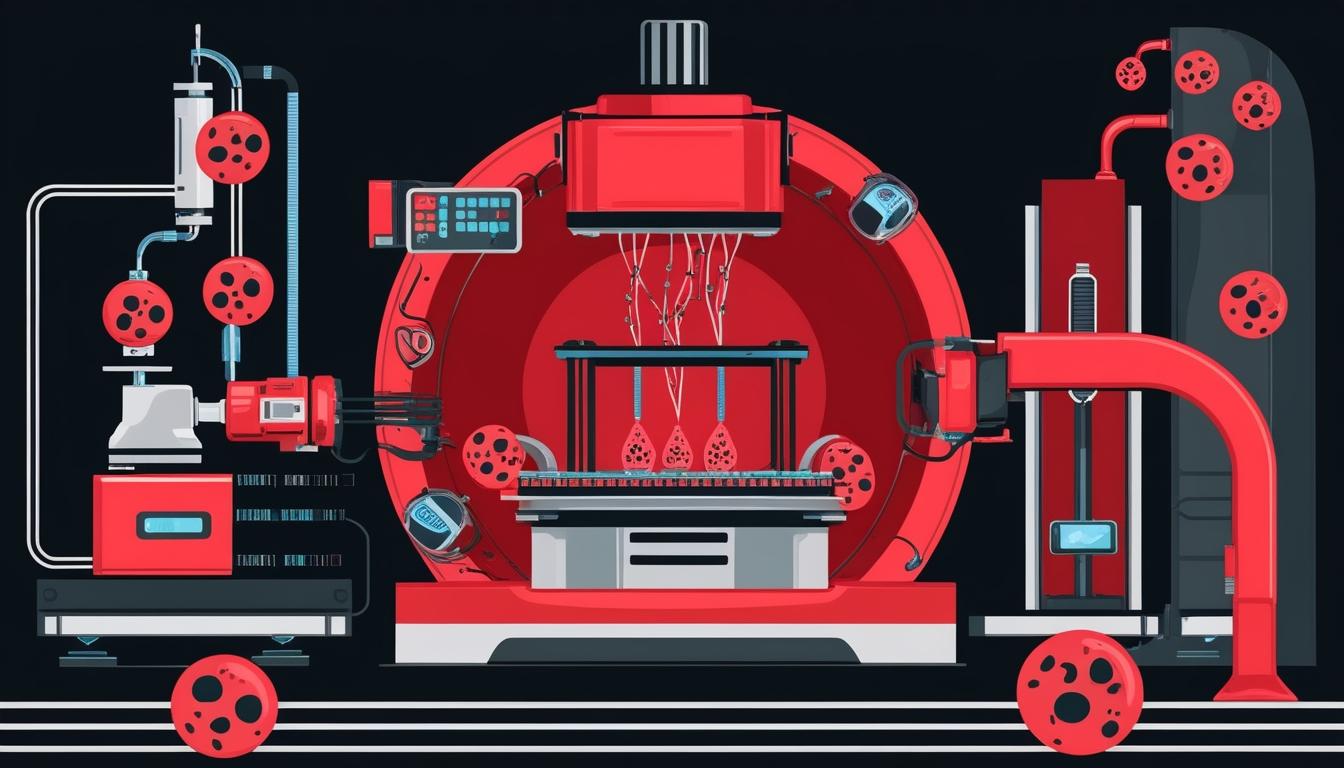Automated cell manufacturing company Mytos has entered a significant partnership with Aspen Neuroscience, a clinical-stage private entity dedicated to autologous regenerative medicine. The agreement focuses on automating the production of autologous dopaminergic neuronal precursor cells (DANPCs) for Aspen’s investigational cell therapy programme, ANPD001, aimed at offering new treatment avenues for Parkinson’s disease.
The integration of Mytos' iDEM automated cell technology into Aspen's expansive 22,000-square-foot manufacturing facility located in Torrey Pines, California, is set to streamline Aspen’s production process. The iDEM technology combines fluidics, advanced imaging, and mechanical control, allowing Aspen’s team to manage multiple cell batches simultaneously. Notably, this approach is projected to reduce the need for extensive staffing, training, and potential facility expansions as production scales up.
DANPCs are vital in replacing defective dopamine-producing neurons within the patient’s brain and differ from induced pluripotent stem cells, as they are derived from each patient’s own skin cells. As reported, Aspen has initiated a Phase I/IIa clinical trial of ANPD001 with its first cohort of patients already dosed.
Thorsten Gorba, PhD, Vice President of Process Development at Aspen Neuroscience, remarked on the partnership, stating, "Mytos’ instrumentation and software platform technology have the potential to close and automate an important step of our process, and thereby significantly reduce labour and increase production capacity." Gorba also expressed confidence that the Mytos platform would enhance the automation of patient-specific DANPC production alongside Aspen's bioinformatics and enabling technologies.
Ali Afshar, CEO and co-founder of Mytos, indicated that the company has received increasing interest in its technology from various regenerative medicine enterprises. He shared insights on how Mytos has dedicated several years to developing an automated platform that facilitates the differentiation of induced pluripotent stem cells (iPSCs) into neurons and other cell types. Remarkably, this system is straightforward enough for a single operator to master within approximately one hour, a stark contrast to the several months typically required for manual workflows.
The iDEM platform automates multiple processes, including coating, seeding, feeding, passaging, and imaging cells. These advancements aim to alleviate the inconsistencies and contamination risks that often accompany traditional manual methods. Further enhancing its functionality, Mytos supplies all necessary consumables, such as reagents and flasks, ensuring the sustenance of cells over extended periods, depending on the specific cell type. Additionally, users benefit from cloud-based software that allows for tracking and data management throughout the cell cultivation process, with the system alerting them upon maturity of the cells for harvest.
Afshar indicated that the demand for Mytos’ technology is likely to rise, particularly among firms focused on developing stem cell therapies for neurodegenerative conditions like Parkinson's and spinal cord injuries, as well as age-related macular degeneration. The platform is adaptable for both autologous therapies, utilising the patient’s stem cells, and allogeneic therapies, which are not tailored to individual patients.
As the regenerative medicine field witnesses promising advancements, Afshar concluded by emphasising the company's commitment to supporting these emerging therapies, stating, "We’ve seen big breakthroughs where these treatments have started to work. Mytos has doubled down on trying to help those companies scale as fast as they can and get to more patients as quickly as possible." With its innovative automation technologies, Mytos is poised to make substantial contributions to the evolving landscape of cell manufacturing and regenerative therapies.
Source: Noah Wire Services
